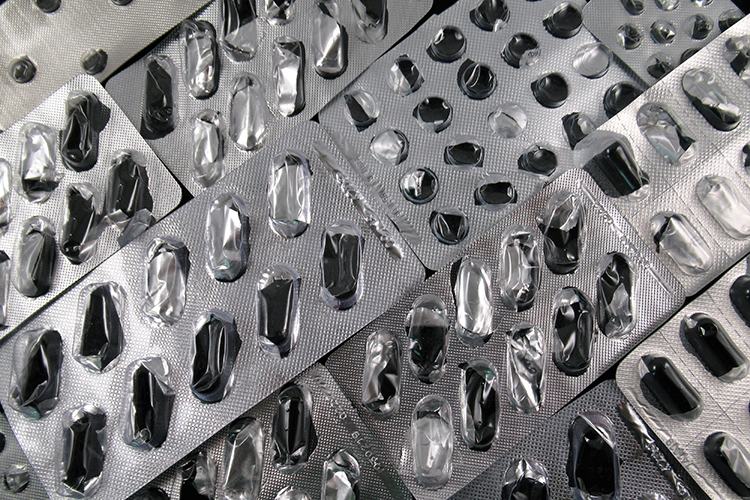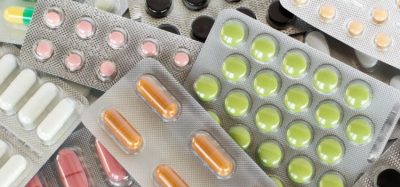Collaboration promotes sustainable pharmaceutical packaging
Posted: 23 December 2022 | Caroline Peachey (European Pharmaceutical Review) | No comments yet
Four Japanese pharmaceutical companies agree to collaborate on promoting more sustainable pharmaceutical packaging.


Astellas Pharma, Eisai, Daiichi Sankyo and Takeda have agreed to collaborate to reduce the environmental burden in the field of pharmaceutical packaging.
As part of the collaboration, the four pharma companies plan to share knowledge on packaging technologies to reduce environmental burden.
Areas covered will include blister packs made of biomass-based plastic instead of petroleum-derived plastic, compact packaging, recycled packaging materials, and recyclable packaging materials.
Sustainability, including sustainable pharmaceutical packaging, is a priority for all four of the pharmaceutical companies involved.
- Astellas committed in its 2021 corporate plan to deepen our engagement in sustainability. In March 2022, the company revealed a plant-based packaging for pills as part of its efforts to reduce the environmental impact of medicine and tackle climate change. The new, carbon-neutral blister packs were made from sugar cane and have been used as packaging for one of Astellas’ drugs in Japan.
- Eisai has a goal of achieving carbon neutrality by 2040, as well as medium- to long-term plan promoting efficient use of water and recycling of resources.
- Daiichi Sankyo considers global environmental conservation a key management issue. In Japan, Daiichi Sankyo Espha uses biomass plastics in product packaging, according to the company’s website.
- Biopharmaceutical company Takeda is committed to achieving net-zero greenhouse gas emissions for scopes 1 and 2 before 2035 and for Scope 3 before 2040. It has also been recognised for use of bio-polyethylene — a plastic derived from plant-based bioethanol — in pharmaceutical primary packaging at its Hikari site in Japan. Manufacturing bottles made with bio-PE plastic emit up to 70 percent fewer CO2 emissions compared to petroleum-based polyethylene bottles.
In the future, the companies expect to expand the collaboration by calling on other companies in order to reduce further environmental burden.
Sustainable pharma packaging: breaking down the barriers to adoption
Related topics
Related organisations
Astellas Pharma, Daiichi Sankyo, Eisai, Takeda Pharmaceutical









